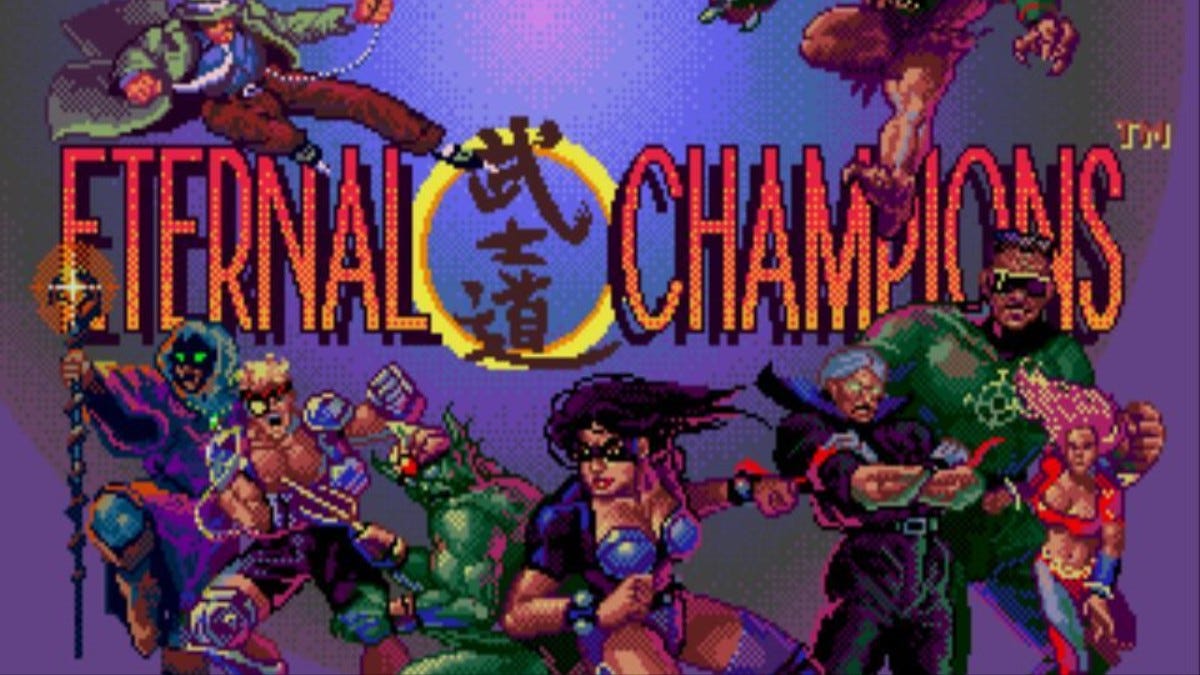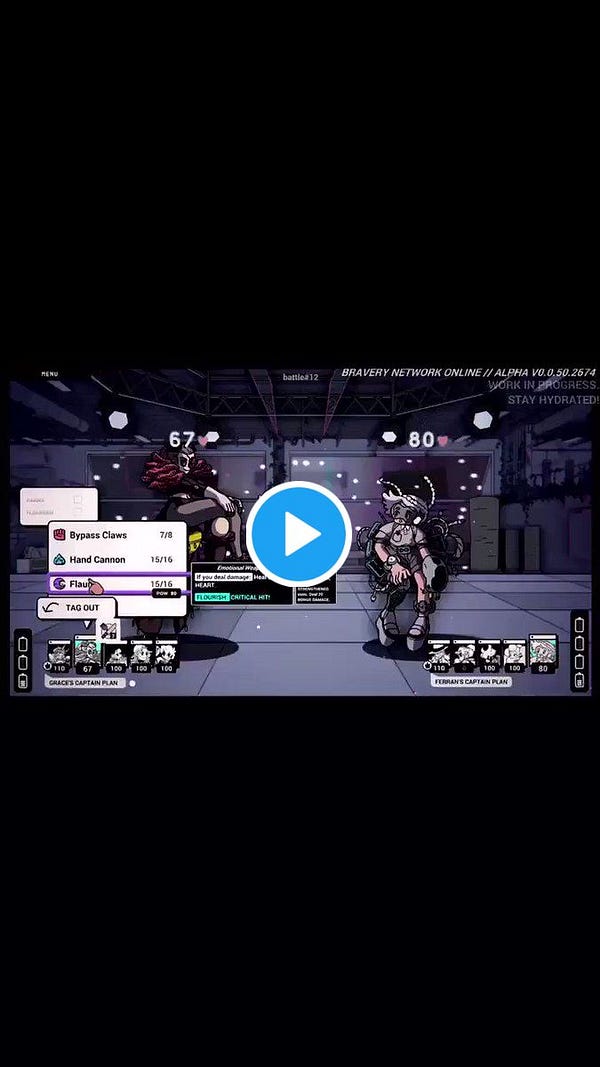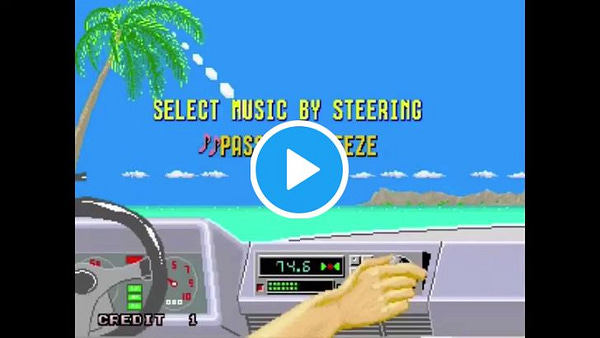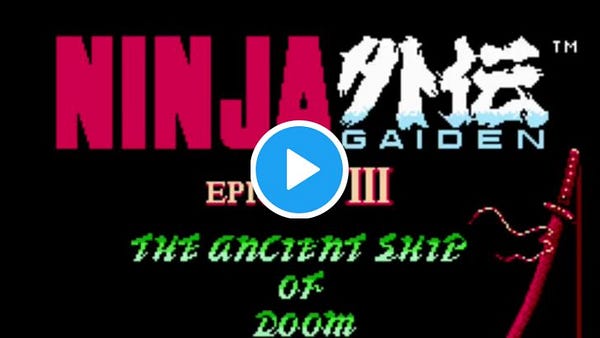Sampling and Replaying Video Game Scores
A quick breakdown of video game sampling, from early-80s funk, Fresh Prince, and Bone Thugs, to current beat tapes, game scoring, and sample challenges.
Since the dawn of computer and video games, game composers have interpolated elements of pre-existing recorded music for their scores.
For example, Yukio Kaneoka, Akito Nakatsuka and Kenji Yamamoto’s legendary 1987 theme for Mike Tyson's Punch-Out!! borrows heavily from composer Mahlon Merrick’s “To Look Sharp March,” which was used on the Gillette Cavalcade of Sports TV show. Check out GTV Japan’s excellent video “The Story Of Punch Out!! Theme Song ‘Look Sharp!’” for the full story.
Computer and video game scores have likewise been interpolated and sampled thousands of times. Bass guitarist, vocalist, and Miles Davis collaborator Michael Henderson deserves credit as perhaps the first person to sample directly from a video game with his infections 1980 funk groove “Wide Receiver.” The extremely catchy song takes sounds from Mattel’s Football 2 handheld game.
Though some releases sampled computer and video games throughout the 1980s, it took some time before it was commonplace in rap music. DJ Jazzy Jeff & the Fresh Prince helped give the practice a boost in visibility on their 1988 album He’s the DJ, I’m the Rapper.
Capturing the exponentially rising popularity of video games during the 1980s, “Human Video Game” co-producers DJ Jazzy Jeff, The Fresh Prince, Pete Q. Harris, and Bryan "Chuck" New sampled Yukio Kaneoka’s “Donkey Kong Start” and “25m” as well as Toshio Kai’s “Pac-Man Death.”
By the mid-90s video game sampling and/or interpolating became increasingly common in popular rap music. Joe Delia, Adrian Van Velsen, John Hart and Jeff Marsh’s score for SEGA’s 1993 game Eternal Champions was utilized twice for critical cuts on Bone Thugs-n-Harmony’s 1995 commercial smash E. 1999 Eternal.
On the track “Eternal,” co-producers Tony C, Kenny McCloud, and DJ U-Neek turned the “Character Bios Theme” into the somber banger “Eternal.” U-Neek, who played a pivotal role in crafting Bone’s signature sound in the 90s, also sampled the “Bad Ending” track on “Crossroad.” It’s a bit difficult to tell if these Eternal Champions songs were sampled or replayed by U-Neek and company, but it sounds like they were likely replays that stay very close to the original.
Video game sampling continued to evolve as the decade came to a close. In 1998 Swizz Beatz found inspiration in the tiniest of fragments form Tohru Nakabayashi and Y. "Dolphin" Takada’s 1989 Golden Axe score, taking little bits of the opening of “Theme of Thief.”
And turning the into Jay-Z’s “Money, Cash, Hoes” featuring DMX and the remix that brings in additional verses from Memphis Bleek and Beanie Sigel.
Six years later Oh No turned Hidenori Maezawa, Jun Funahashi and Yukie Morimoto’s “Prelude” from the Castlevania III: Dracula's Curse into the bouncy, slightly menacing M.E.D.-assisted Disrupt cut “The Ride.”
A decade after he showed his continued video game flipping savvy by crafting a beat out of Nintendo 64 cartridges, making for one of the most memorable episodes of Mass Appeal’s Rhythm Roulette ever filmed.
Video game samples have also played a pivotal role on beat tapes and instrumental albums. Dibiase utilized video samples on several of his releases over the years, most recently on his impressive 2019 record Bonus Levels.
Nameless also looked to video games as a central sample source for his inventive 2009 project 16-Bit and 2010 sequel 16-Bit Bonus Stages.
And in 2020, prolific MC and producer brainorchestra used the 1993 SEGA game The Immortal as inspiration for his concept album The Wizard's Scroll.
Beatmakers and producers have also made their own contributions to game scores for several years. In a recent example, OBUXUM provided the hypnotic music and sound design for the online turn-based battle game Bravery Network.
Video game score have also played an important role in the vibrant world of Twitter sample challenges. In October 2020, Nelac the Beat Ninja organized the #dibiasechallenge as a tribute to Dibiase and producers flipped a variety of video game samples. The results were incredibly inspiring, with Brockhampton member Dom McLennon coming through with a killer flip of Out Run music composed by Hiroshi Kawaguchi.
sambowiecultjam conjured up an absolutely insane, neck-breaking flip of Hiroshi Miyazaki, Kaori Nakabai, Rika Shigeno’s Ninja Gaiden III: The Ancient Ship of Doom score.
Telly McLean strolled through with a ferocious melding of Hiroaki Yoshida and Hitomi Komatsu’s RoboCop score coupled with music from the Terminator game.

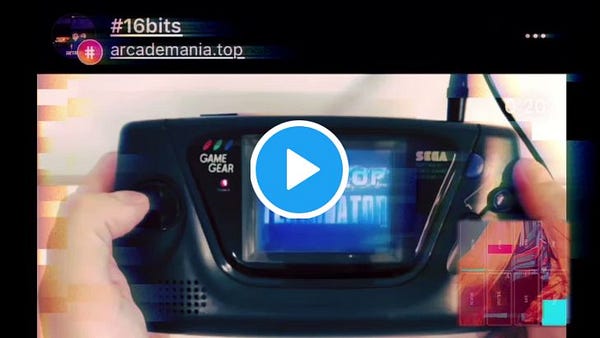

Dr. Bamboo cooked up a nasty take on David Wise’s Battletoads score with his Koala sampler.

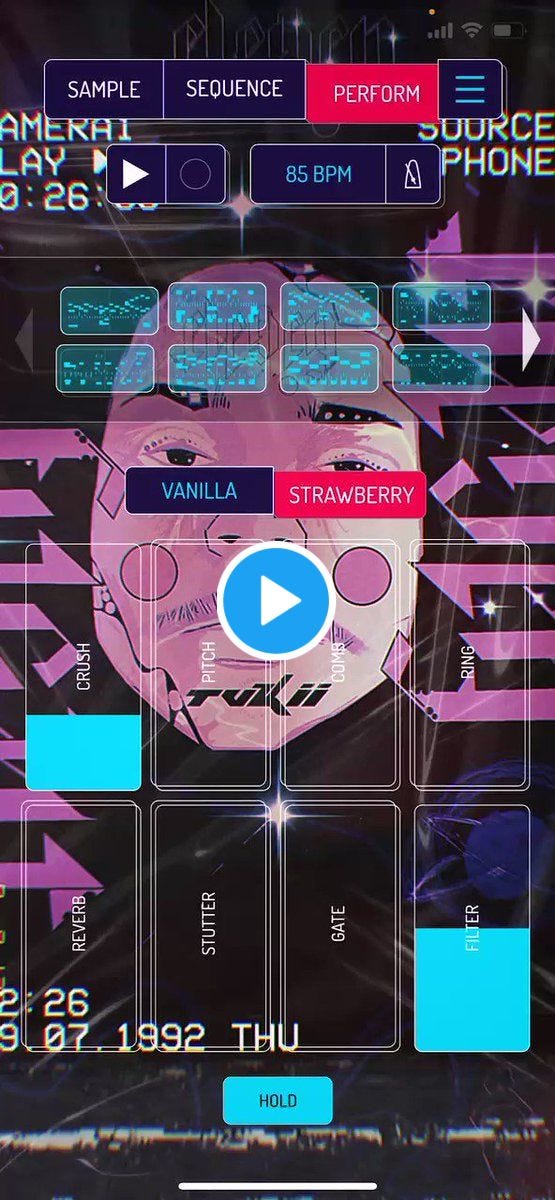

And Nelac himself dropped an extremely impressive take on the music from Contra.

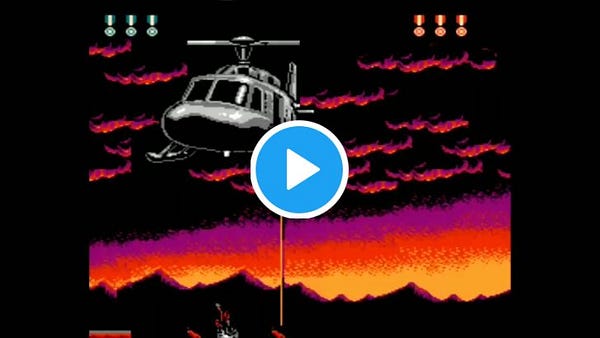
With a well-established synergy between video game scores and sample-based music already established, it seems like there are limitless future possibilities for creative overlap between these two genres.

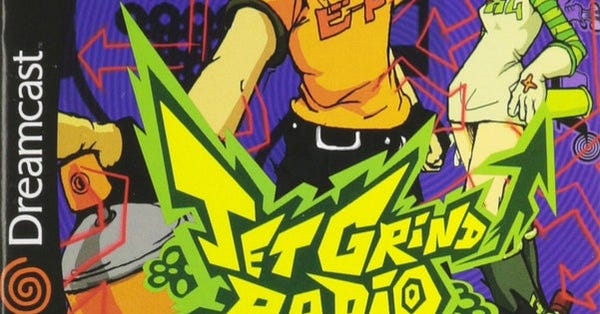
If you enjoyed this article, please subscribe to the Micro-Chop newsletter to support independent music journalism.

